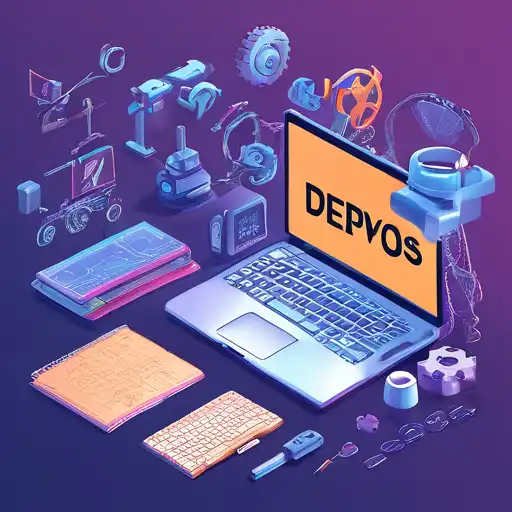Introduction to DevOps in 2023
As we step into 2023, the DevOps landscape continues to evolve, bringing forward tools that promise to streamline development and operations processes more efficiently than ever. This guide highlights the must-know DevOps tools this year, ensuring your projects are both agile and robust.
1. Continuous Integration and Continuous Deployment (CI/CD) Tools
CI/CD pipelines are the backbone of DevOps practices. Tools like Jenkins, GitLab CI/CD, and CircleCI have dominated the scene, offering unparalleled automation capabilities for testing and deployment. These tools help in reducing manual errors and accelerating product releases.
2. Infrastructure as Code (IaC)
Managing infrastructure has never been easier with IaC tools such as Terraform and Ansible. These tools allow teams to automate the provisioning of infrastructure, ensuring consistency across environments and reducing setup times significantly.
3. Containerization and Orchestration
Containerization tools like Docker and orchestration platforms such as Kubernetes are essential for developing scalable and portable applications. They simplify deployment processes and improve resource utilization across development and production environments.
4. Monitoring and Logging
To maintain high availability and performance, tools like Prometheus for monitoring and ELK Stack for logging are indispensable. They provide real-time insights into application performance and help in quick troubleshooting.
5. Version Control Systems
Version control is critical in DevOps for tracking changes and collaborating efficiently. Git remains the most widely used system, with platforms like GitHub and Bitbucket offering enhanced features for team collaboration.
6. Cloud Platforms
Cloud platforms such as AWS, Azure, and Google Cloud offer a range of DevOps tools and services that support scalable, resilient, and secure application development and deployment.
Conclusion
Embracing these DevOps tools in 2023 can significantly enhance your development workflow, from code integration to deployment and monitoring. By leveraging automation, containerization, and cloud services, teams can achieve faster delivery times and higher quality products. Stay ahead in the DevOps game by integrating these tools into your projects today.
